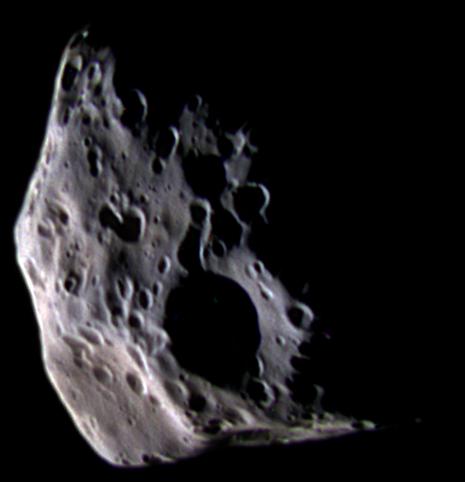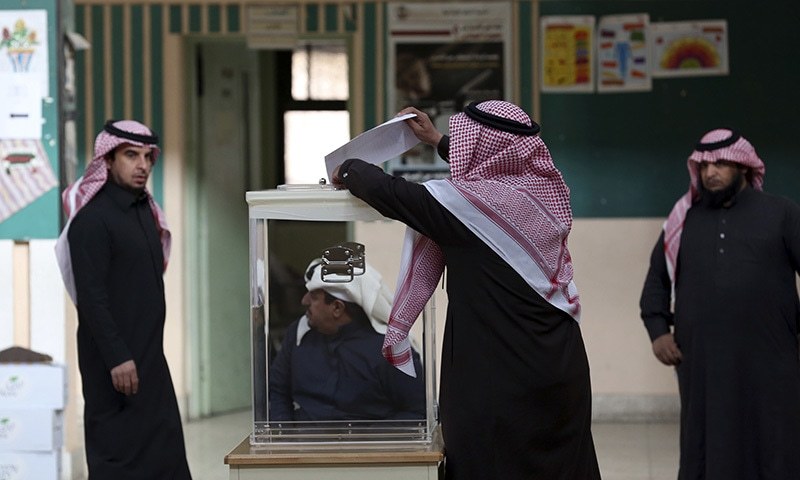Saturn’s moon Epimetheus is first discovered by astronomer Richard Walker.

Epimetheus is an inner satellite of Saturn. It is also known as Saturn XI. It is named after the mythological Epimetheus, brother of Prometheus.
Epimetheus occupies essentially the same orbit as the moon Janus. Astronomers assumed that there was only one body in that orbit, and accordingly had difficulty determining their orbital characteristics. Observations were photographic and spaced widely apart in time, so that while the presence of two objects was not obvious, the observations were difficult to reconcile with a reasonable orbit.
Audouin Dollfus observed a moon on 15 December 1966, which he proposed to be named “Janus”. On 18 December, Richard Walker made a similar observation which is now credited as the discovery of Epimetheus. However, at the time, it was believed that there was only one moon, unofficially known as “Janus”, in the given orbit.
Twelve years later, in October 1978, Stephen M. Larson and John W. Fountain realised that the 1966 observations were best explained by two distinct objects sharing very similar orbits. This was confirmed in 1980 by Voyager 1, and so Larson and Fountain officially share the discovery of Epimetheus with Walker.
Epimetheus received its name in 1983. The name Janus was approved by the IAU at the same time, although the name had been used informally since Dollfus proposed it shortly after the 1966 discovery.
Epimetheus’s orbit is co-orbital with that of Janus. Janus’s mean orbital radius from Saturn is, as of 2006, only 50 km less than that of Epimetheus, a distance smaller than either moon’s mean radius. In accordance with Kepler’s laws of planetary motion, the closer orbit is completed more quickly. Because of the small difference it is completed in only about 30 seconds less. Each day, the inner moon is an additional 0.25° farther around Saturn than the outer moon. As the inner moon catches up to the outer moon, their mutual gravitational attraction increases the inner moon’s momentum and decreases that of the outer moon. This added momentum means that the inner moon’s distance from Saturn and orbital period are increased, and the outer moon’s are decreased. The timing and magnitude of the momentum exchange is such that the moons effectively swap orbits, never approaching closer than about 10,000 km. At each encounter Janus’s orbital radius changes by ~20 km and Epimetheus’s by ~80 km: Janus’s orbit is less affected because it is four times more massive than Epimetheus. The exchange takes place close to every four years; the last close approaches occurred in January 2006, 2010 and 2014, and the next in 2018. This is the only such orbital configuration known in the Solar System.
The orbital relationship between Janus and Epimetheus can be understood in terms of the circular restricted three-body problem, as a case in which the two moons are similar in size to each other.



